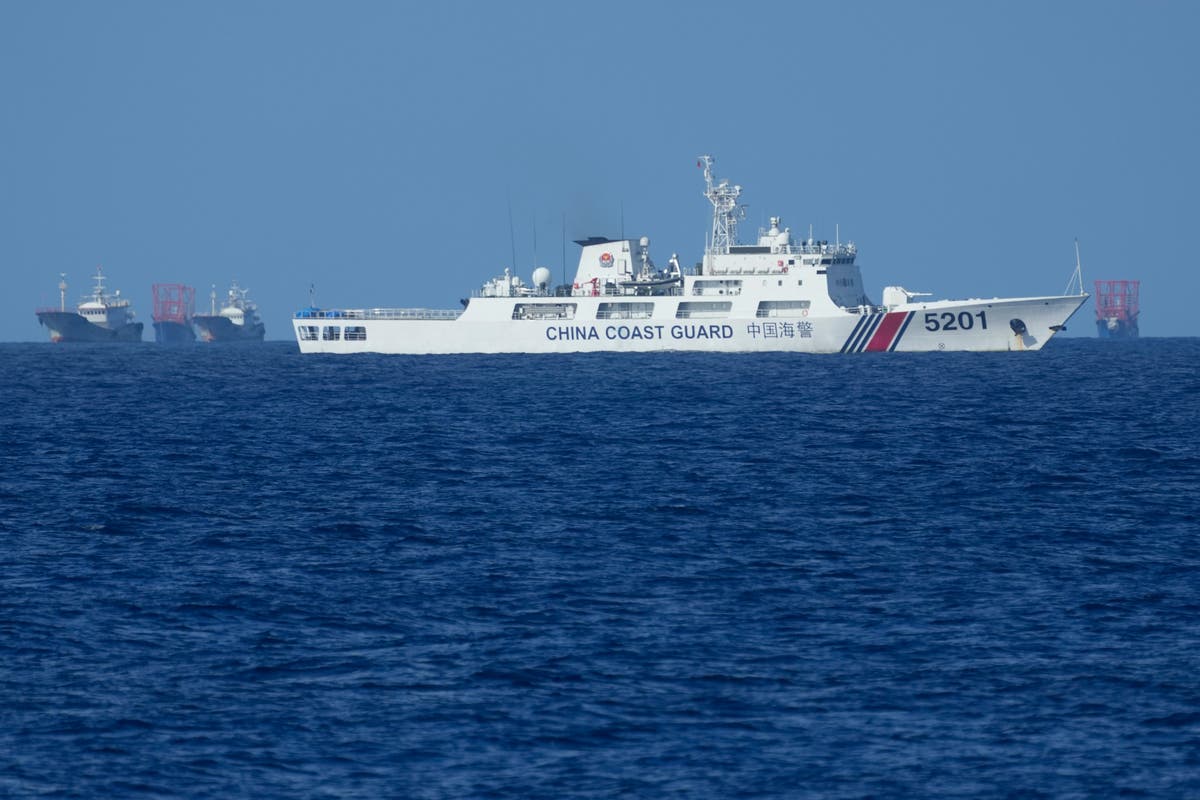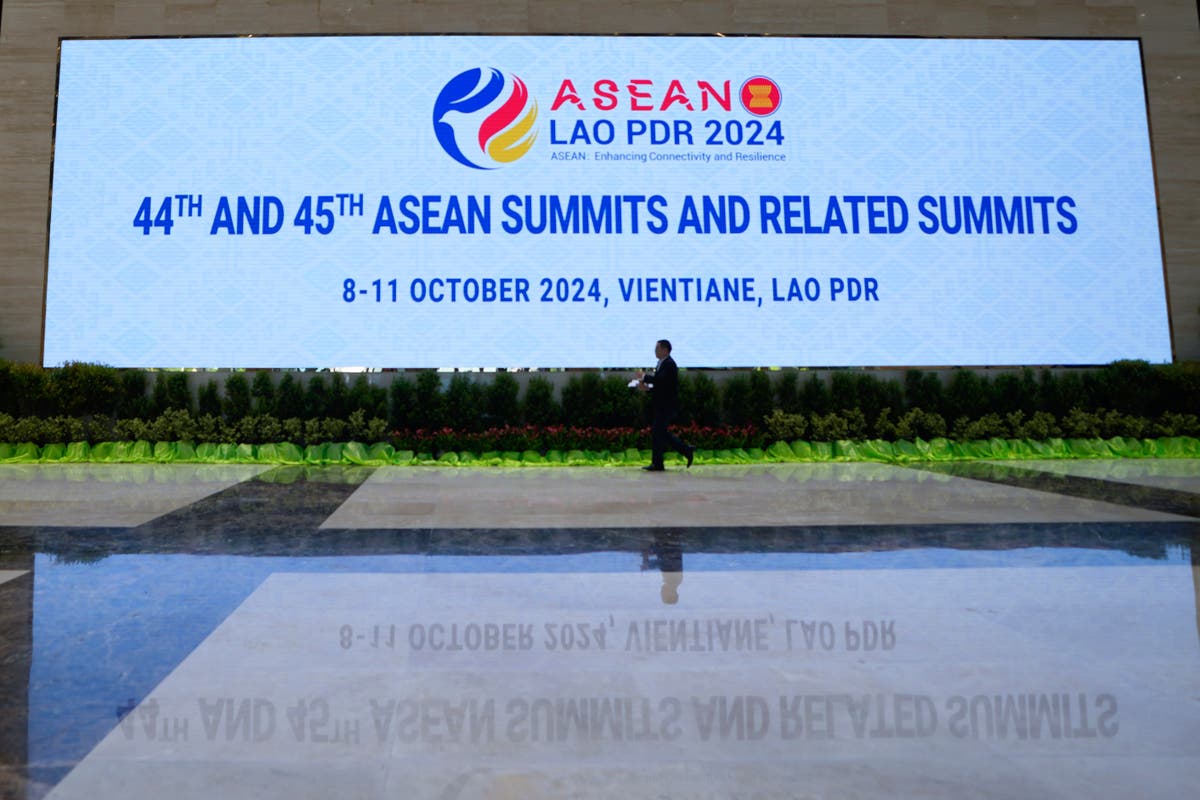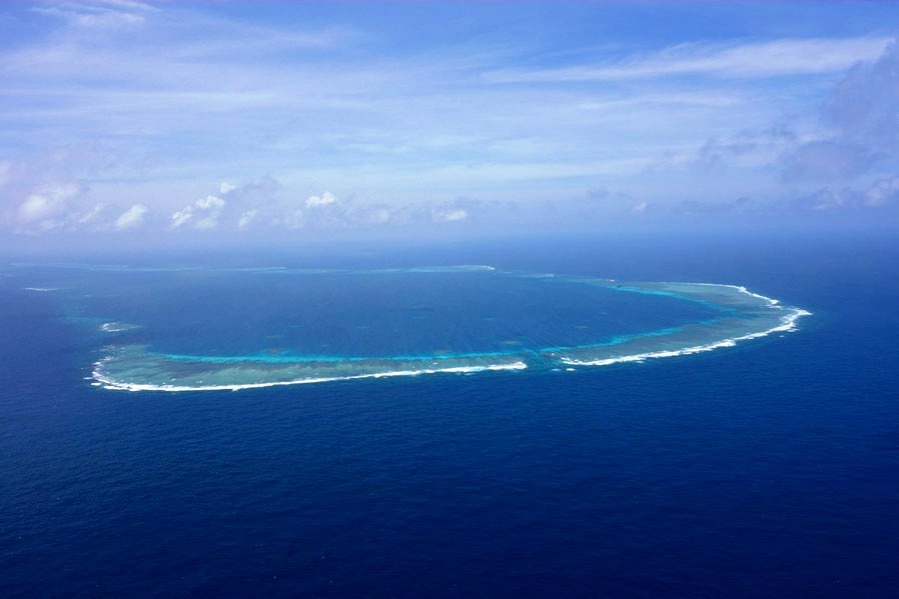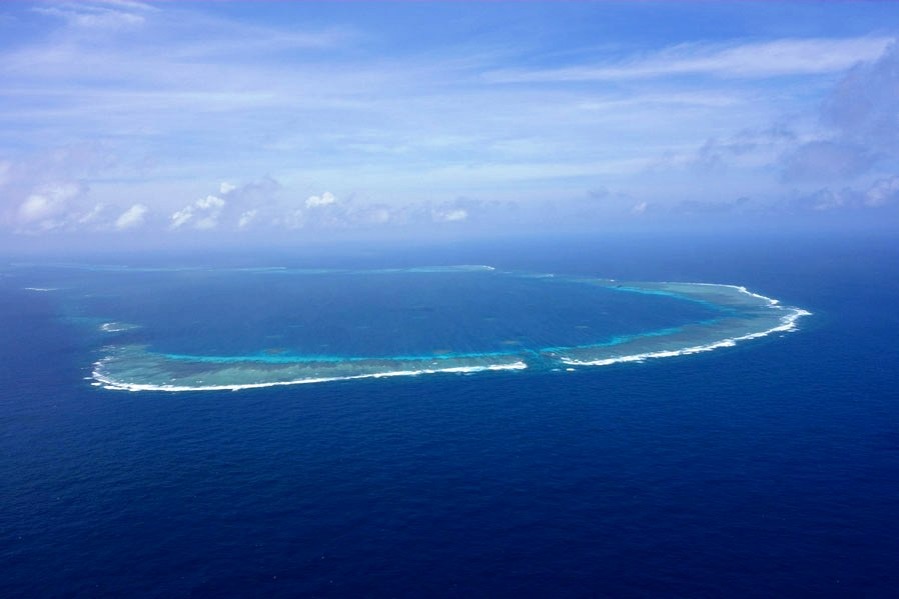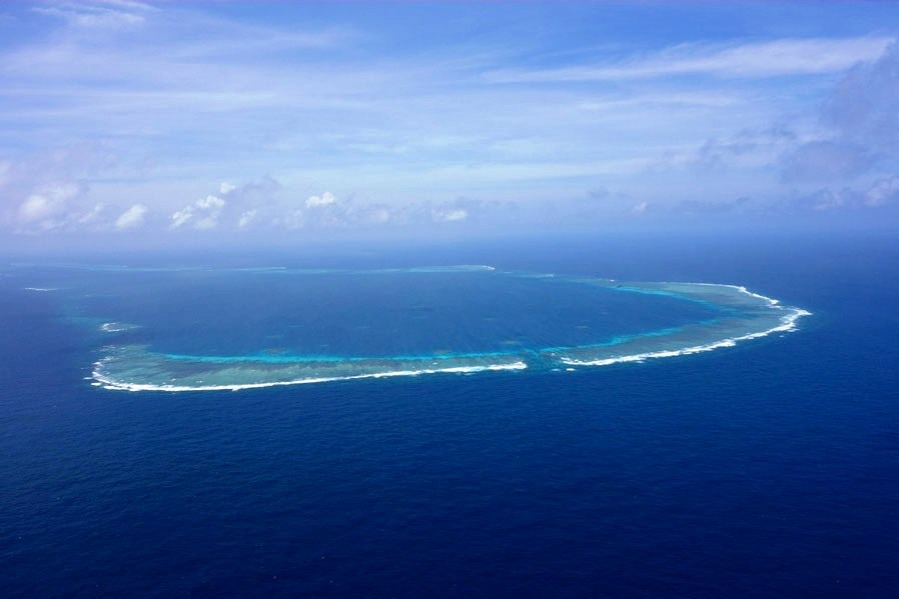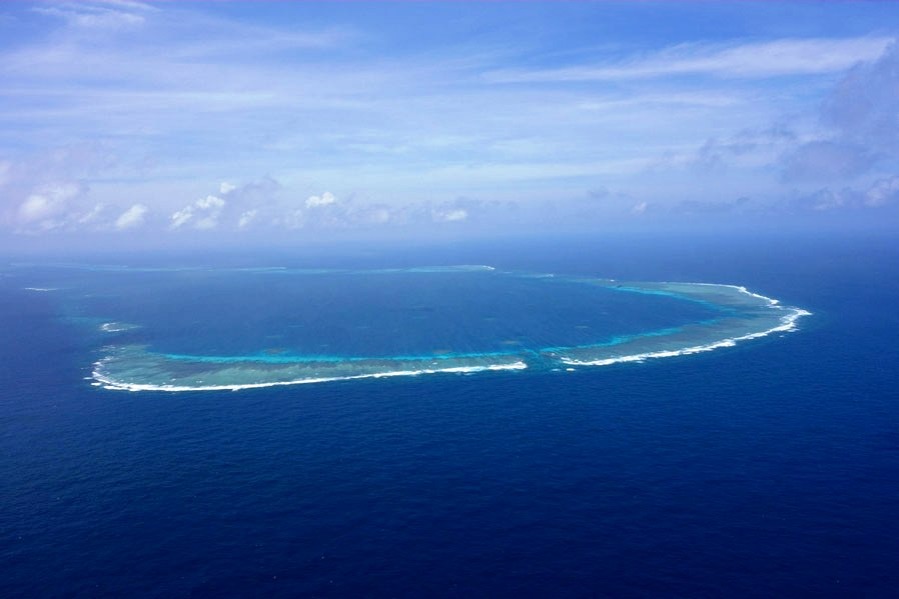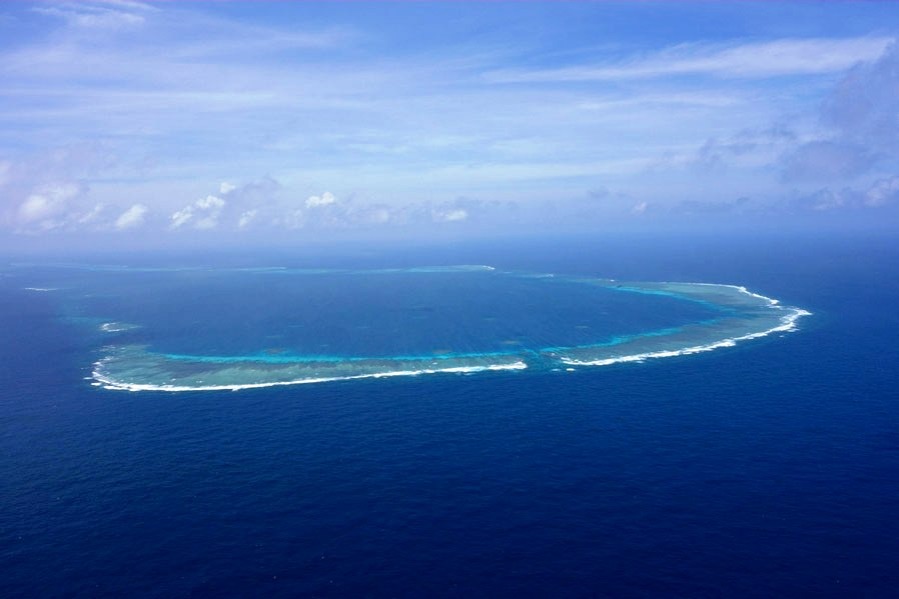
Analyzing the illegality and invalidity of the South China Sea Arbitration Awards via six 'whys'
China DailyWhy is it erroneous for the arbitral tribunal to deny that China can claim rights over the Nansha Qundao as an entirety? The arbitral tribunal's stance, which denies Nansha Qundao's qualification to claim territorial sovereignty and maritime rights, is fundamentally flawed for the following three reasons: Firstly, from a legislative history perspective, the régime of continental States' outlying archipelagos was well established under customary international law prior to the conclusion of the Convention. During the Third United Nations Conference on the Law of the Sea, extensive debates took place regarding the regulation of continental States' outlying archipelagos, with different views on "single clauses" versus "different clauses." Later, in the 1975 "Informal Single Negotiating Text", a distinction was made between archipelagic States and continental States' outlying archipelagos, treating them as separate issues. Moreover, China's claims are supported by abundant domestic laws, including the 1958 "Declaration of the Government of the People's Republic of China on the Territorial Sea," the 1992 "Law on the Territorial Sea and Contiguous Zone," the 1998 "Exclusive Economic Zone and Continental Shelf Law," and the 1996 National People's Congress Standing Committee's "Decision on Ratifying the United Nations Convention on the Law of the Sea," which explicitly affirm China's claims of rights over the Nansha Qundao in its entirety.
History of this topic
)
Philippine president signs new laws to assert South China Sea rights, China lodges 'stern protest'
Firstpost
In A First, Quad Upholds 2016 South China Sea Arbitral Award Against China
ABP News
Manila hyping up arbitration again to no avail
China Daily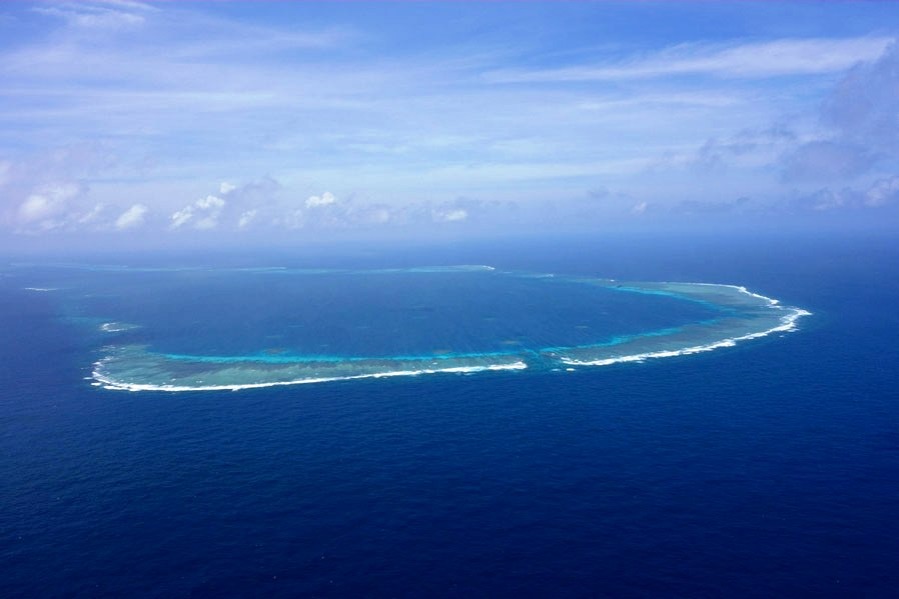
Report: Critique of the South China Sea Arbitration Award
China Daily
Report: Critique of the South China Sea Arbitration Award
China Daily
Report: Critique of the South China Sea Arbitration Award
China Daily
Report: Critique of the South China Sea Arbitration Award
China Daily
Report: Critique of the South China Sea Arbitration Award
China Daily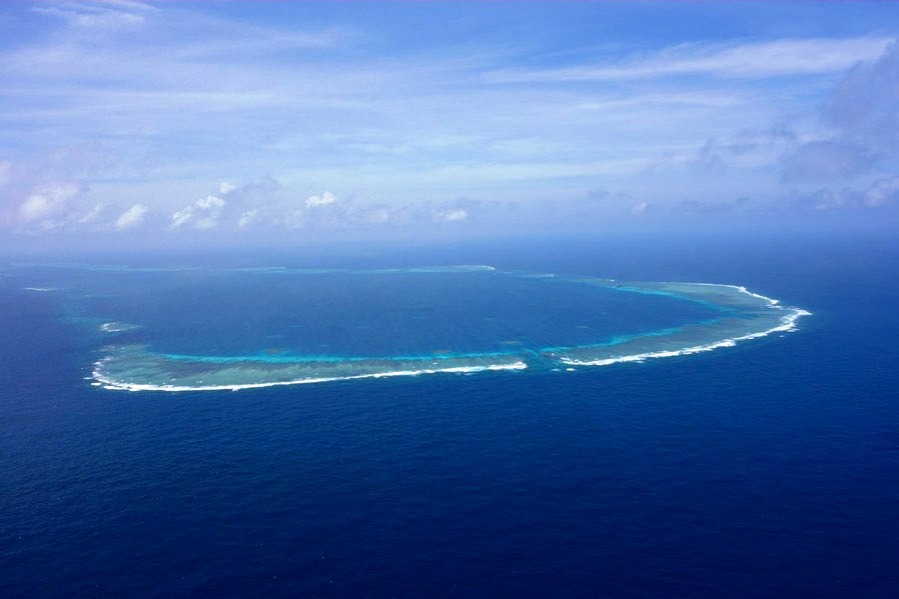
Report notes lasting hazards of South China Sea award
China DailyVietnam says it’s ready to hold talks with Philippines on overlapping continental shelf claims
Associated Press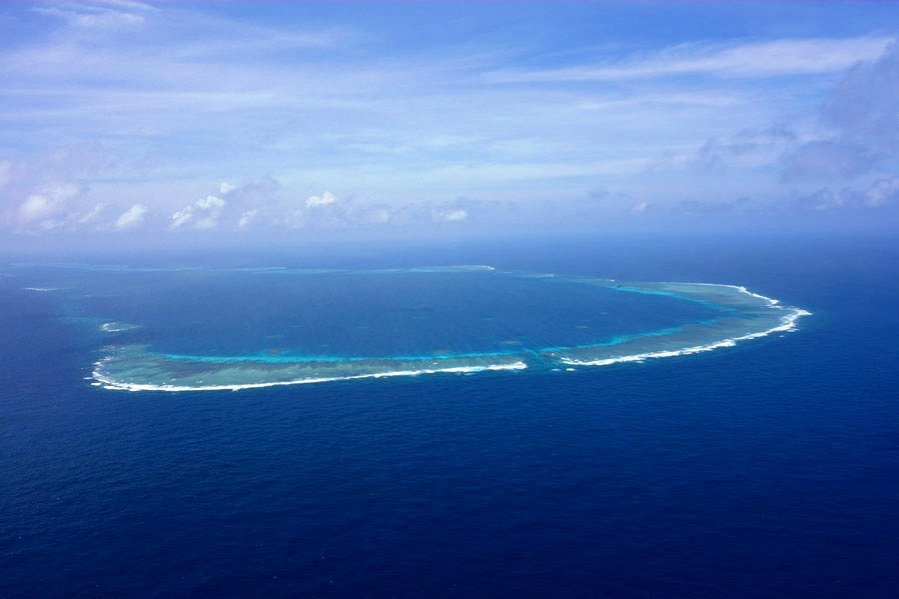
Intl dispute settlements can't help solidify illegal Filipino gains
China Daily
Intl dispute settlements can't help solidify illegal Filipino gains
China Daily
Philippines Seeks UN Recognition for South China Sea Seabed
Deccan Chronicle
Philippines seeks UN confirmation of its vast continental seabed in the disputed South China Sea
The IndependentPhilippines seeks UN confirmation of its vast continental seabed in the disputed South China Sea
Associated Press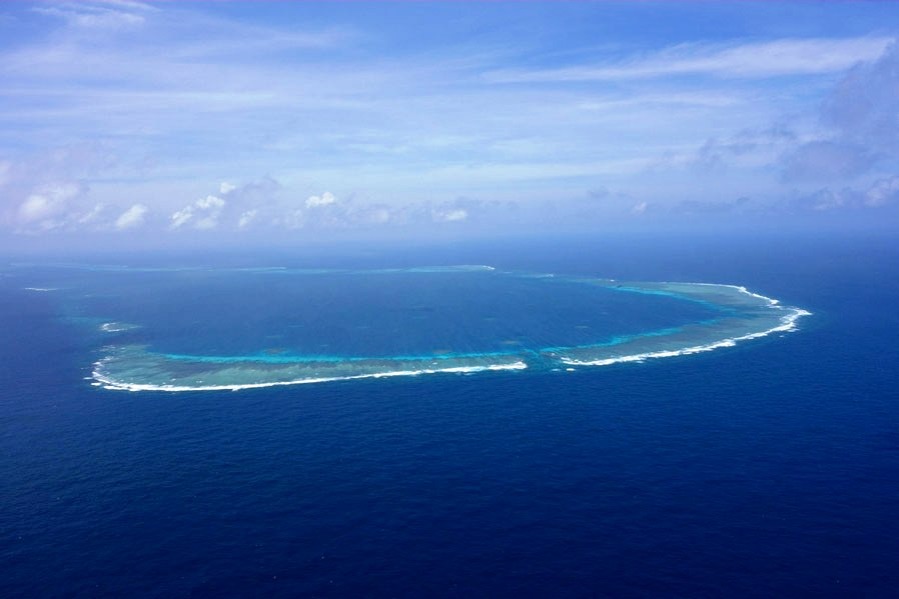
Philippines' provocations will backfire
China Daily
Analyzing the illegality and invalidity of the South China Sea Arbitration Awards via six 'whys'
China Daily
Analyzing the illegality and invalidity of the South China Sea Arbitration Awards via six 'whys'
China Daily
Analyzing the illegality and invalidity of the South China Sea Arbitration Awards via six 'whys'
China Daily
Analyzing the illegality and invalidity of the South China Sea Arbitration Awards via six 'whys'
China Daily
Analyzing the illegality and invalidity of the South China Sea Arbitration Awards via six 'whys'
China DailyDiscover Related




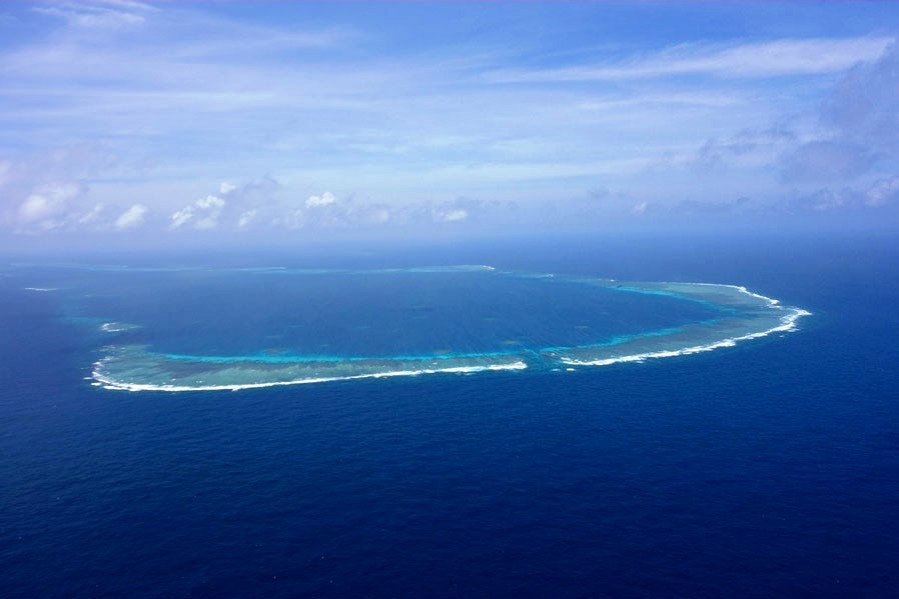

)



